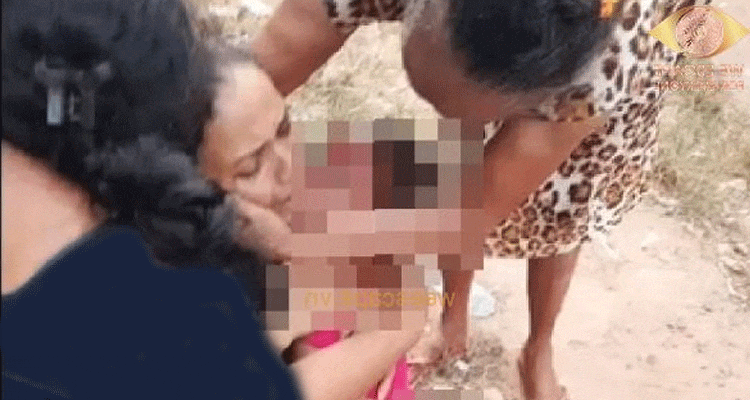Portal do Zacarias 5 anos de idade, At first light last Saturday, the local area of Dendê, in Rio de Janeiro, was wracked with pity and ire over the passing of a 5-year-old kid and a 17-year-old teen.
The “Portal do Zacarias 5 anos de idade” occurrence, including neighborhood police powers, started a flood of outrage and inquiries concerning the wellbeing of residents in the possession of the people who ought to safeguard them. This misfortune took guiltless lives, yet additionally shed light on the intricacies and pressures encompassing connections among police and underestimated networks.
The Setting of Entry do Zacarias 5 years of age
Dendê, a local area in Rio de Janeiro, is a microcosm of the many minimized metropolitan regions all over the planet. Described by neediness, absence of sufficient framework and restricted admittance to essential administrations, Dendê faces huge difficulties that influence the personal satisfaction of its inhabitants. With few monetary open doors and horror rates, the local area is in many cases left to fight for itself, with little government mediation to work on their circumstances.
In this shaky setting, the job of the police is uncertain. While numerous individuals from the local area see police powers as a component of safety and security against the wrongdoing that torment their roads, others consider them to be a scary and abusive presence. The connection between the police and the occupants of Dendê is complicated, set apart by common doubt and inert pressures.
Responses and Reactions from Specialists and the Local area
Confronted with the misfortune in Dendê, the Tactical Police embraced a protective stance, looking to legitimize their activities in the occurrence. In true explanations, the establishment featured the need to satisfy its obligation to keep public control and assurance the wellbeing of residents, particularly in regions with horror rates. In any case, many inquiry whether the utilization of deadly power was genuinely legitimate, prompting banters over commitment conventions and the requirement for changes inside the police.
In the mean time, the Dendê people group resounds with shock and resentment at the deficiency of honest lives in their own homes. Fight showings broke out in the roads, with occupants requesting equity and responsibility for police activities. The call for straightforwardness and responsibility resounds in all edges of the local area, mirroring the profound requirement for changes in the police framework and a more delicate way to deal with the necessities of underestimated networks.
Reflections on Police Savagery and Common freedoms
The discussion over the utilization of power by the police is an essential mark of reflection after the misfortune in Dendê. While specialists contend that they acted with good reason and in the line of obligation, many inquiry whether the utilization of deadly power was genuinely vital. The center of this conversation lies in the almost negligible difference between the obligation to safeguard residents and the expected maltreatment of force by specialists. It is fundamental to intently analyze police commitment conventions and guarantee they are lined up with basic freedoms standards, focusing on the protection of life whenever the situation allows.
The effect of police brutality stretches out past the immediate casualties, leaving enduring scars on families and the more extensive local area. The deficiency of friends and family in such a horrible manner significantly shakes the social texture, sabotaging trust in organizations and creating an environment of dread and doubt. Youngsters who witness or are impacted by episodes of police viciousness can experience serious mental damage, undermining their prosperity and future turn of events.
Also Read : Cavando Su Propia Tumba Video: Find The Touchy Universe Of Carnage Motion pictures


